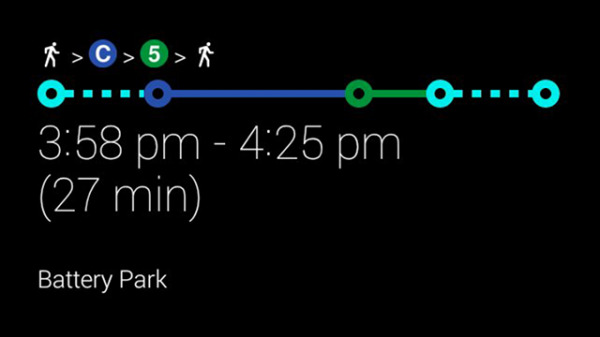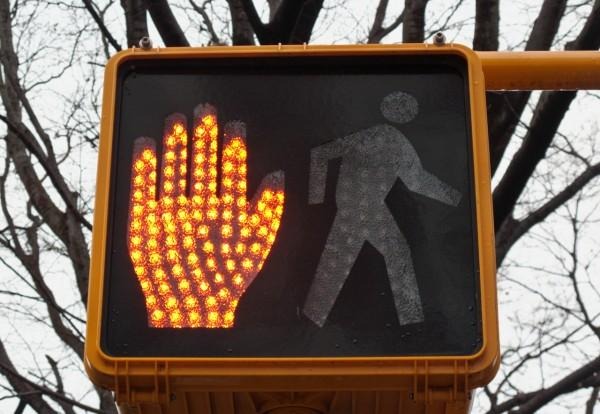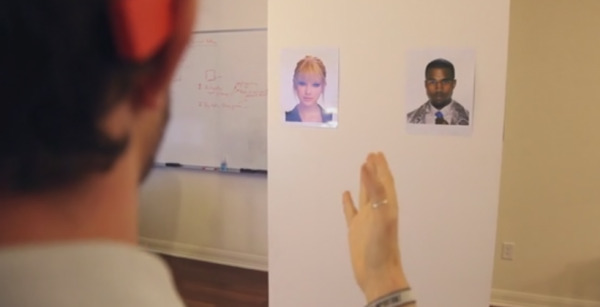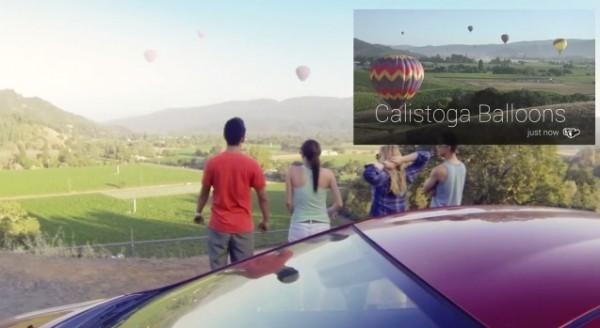Looking Glass: The Apps For Must-Wear Wearables
Has Glass gone off the boil? Google's wearable launched in Explorer beta form to great fanfare, but privacy concerns, criticisms of "Glasshole" arrogance, and legitimate doubts about the value of what it actually offers have left the headset on questionable ground. I love the idea of wearables but I don't often put Glass on any more, which got me thinking: what could Glass do to make it a must-wear?
Just-in-time navigation
Relying on smartphones and other mobile devices for pedestrian navigation isn't new, but with the rise of the Internet of Things there's the potential for an other level of information about your surroundings to be factored in. Google already considers traffic conditions for car navigation, but as cities get smarter they could do the same for those on-foot at a more micro-scale.

I'd wear Glass out in public a lot more if it knew in real-time which pedestrian crossings on the way to my destination were going to allow me over the road, and saved me from breaking my stride while I walked.

In venues like shopping malls, Glass could not only use Google's growing indoor mapping to guide me, but figure out which elevator bank to lead me to depending on where each car was. Glass could decide the best order in which to visit stores, depending on how busy the registers are.
There's even the potential for avoiding human traffic jams, Glass spotting clusters of people that might slow me down – either communicated by the infrastructure of the venue itself, or by monitoring the density of smartphones in each location on my route – and tweaking the directions it gives me so that I find the most free-flowing route.
Workable person-recognition
Google has already made its stance on facial-recognition clear: Glass won't automatically spot faces and identify those around you until all of the privacy concerns around the technology are addressed. Considering the persistent furore around something so simple as taking photos with Glass in public, face detection looks unlikely to arrive any time soon.

What I envisage being more possible is a more limited, opt-in approach. I don't want to know the name, social networking profile, and other details of every person I ever see – frankly, if I don't care enough to take a surreptitious photo of you, I probably don't care about your name, either – but there are times, at events or meetings, when having greater contextual information about the people I'm talking to would not only be very useful, but unlikely to upset them too much.
That degree of openness could be managed on a case-by-case basis, like the privacy settings on your phone (which could be some sort of identity transponder for wearables to recognize, perhaps), with the functionality only working within a specific scenario. For many, the thought of not having to carry business cards any more might be motivation enough.
Smarter discovery
I love coffee. I'll even go out of my way to stop by a coffee shop I particularly know, or have had recommended to me. Sometimes I end up in a chain, though, because I simply don't know a more interesting option is there, though.
Glass already has Field Trip, a virtual tour guide flagging up nearby points-of-interest like museums, statues, well-rated restaurants, or popular photo spots. There are also FourSquare and TripIt apps. What I want, though, is smarter recommendations, based not only on my preferences but the opinions of those I trust.

So, Glass might learn – either from my explicit preferences, or from my past behaviors – that I go to a specific type of coffee shop, or sushi place, or boutique store, and highlight those I'm near in future.
Meanwhile, its tie-in with things like Google+ could use the expertise of the people and groups I'm following to better shape those recommendations. I don't want to be notified of every Starbucks in a mile radius, but if there's a pop-up espresso bar a block away that I might never have heard about otherwise, I'd probably like to know.
That's just three possibilities, with varying degrees of technological practicality today, but all taking advantage of Glass' privileged position in your line of sight. I'm curious – what would be the "killer apps" that could persuade you to don a wearable computer, or do you see other form-factors – like Apple's rumored iWatch – as the future?
Let me know your ideas in the comments.
